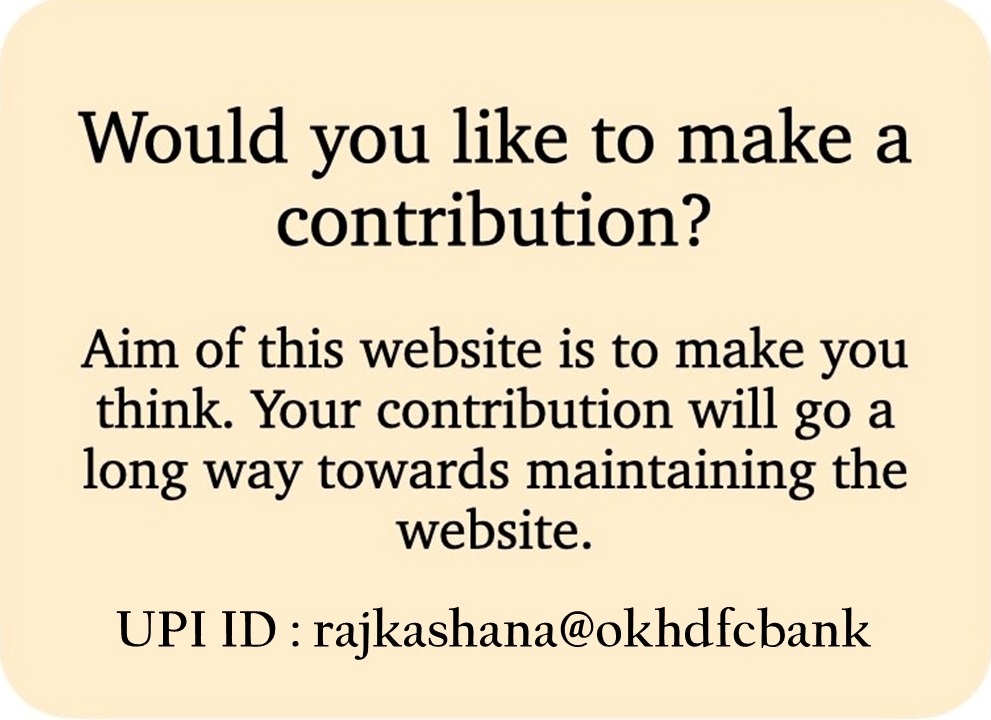Even after spending about 85% of my life in India, I don’t understand fellow Indians. For instance, why don’t we understand the simple concept of keeping our surroundings clean? One might think that maybe the people who behave this way did not have benefit of education. Well, yes and no. How do you explain the mountain of garbage outside the Coldplay concert venue in Mumbai after the night of the concert? I am pretty sure no villagers came all the way to Mumbai to listen to Coldplay. Many of those who attended this concert belong to the elite class who behave like model citizens when they go abroad.
India abounds in such contradictions. What gives me hope are two things. First, India has the largest youth population of 356 million 10-24 year olds (2014 U.N. report). It was a team of 60 young volunteers from Global Citizen India who came the next day and cleaned the Coldplay concert venue. Second, sales of self-help books are rising in India. There are many misconceptions about self-help in India. I have seen people react violently to anything that can be remotely called self-help, as if it’s something contagious. In an age where cynicism rules (and gives you likes and retweets), mocking and deriding everything and everyone has become a norm.
I am not worried about the cynics. I don’t think about them. My concern is the still impressionable youth who have not made up their minds. If the young people in India are interested in self-help, then they should know what it is. But first some debunking of myths is in order. These myths are prevalent in India, I am not sure to what extent they are applicable in other countries.
Myth 1 : I don’t need self-help. It’s for those (insert your favorite bashing group) people, not me.
Here’s a fun fact. Each and every one of us has used self-help at some point in our life. Let us say you want to start a blog but you have no idea how to go about it. You search on Google, find out about WordPress and Medium, watch some videos and finally register. You write your first “Hello, World” post. Congrats! You have just used self-help to improve your life a tiny bit.
Myth 2 : I am an artist with a sensibility that is finer-than-the-finest-of-the-fine-Indian-silk. I don’t need these mundane pursuits of the common people.
The image of the eccentric genius artist with devil-may-care attitude is powerful. Many critics also consider themselves in the same class (I may not have the talent but I have the same finer-than-the..etc sensibility). They shun everything that can be remotely connected to self-help and positivity. Usually such critics also reject en block everything the masses love. The irony is hard to miss. While these critics are busy singing paeans of their chosen exalted artists, those artists are busy applying the self-help methods in order to produce the masterpieces.
Here’s the thing. It was different in the older days of Counts, Lords and Maharajas. In today’s world, you cannot be a successful artist without strong work ethics. Sure, there are those one-hit wonders but they come and go as fast as the boy bands. (Who remembers Boyzone? Or Savage Garden?) Consistently producing high quality work requires many attributes than just talent – hard work, discipline and finding ways to prevent burnout, to name just a few. That is why Haruki Murakami runs marathons and triathlons. It’s not easy to shut yourself off from the world for months and write consistently, day-in and day-out. He needs that physical stamina for writing a thousand page novel.
Myth 3 : Self-help is all that sugary sweet positivity.
Yes and no. Keeping a positive attitude does not necessarily mean being unrealistic. Indians are very fond of praising the Japanese while making cynical comments on the conditions here. How do you think Japanese people achieved this excellence after having been through WWII? Without positive attitude? (Tip : Google Kaizen.) One of the philosophies that is becoming popular in the self-help community is the Stoic philosophy of Seneca, Marcus Aurelius and others. Being realistic (and often pessimistic about the future) is one of the main tenants of this philosophy. Self-help also involves deep introspection and taking full responsibility.
Self-help is much more than just the labels. In one sense, it is what you choose it to be. Be judicious in your choice.



